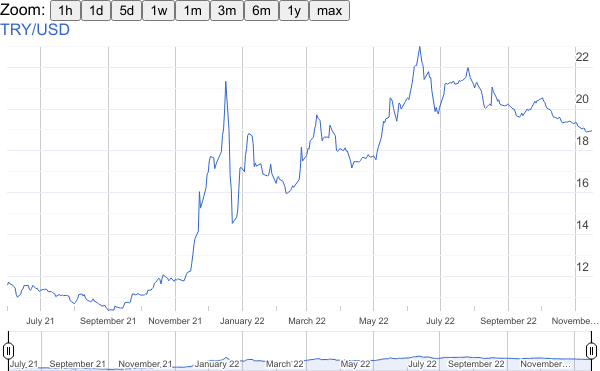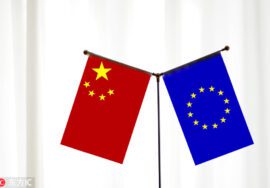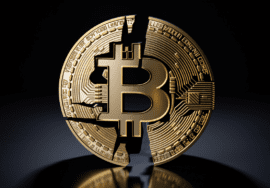

Turkish lira inflation


Op/ed by Arben Selimi
Turkey’s economy has developed over the past two decades largely from the booming real estate market, low real estate prices were attractive to foreign investors. This caused demand for the Turkish Lira to be high, which strengthened it against the Euro/Dollar so that for about a decade the Lira was a relatively stable currency and the inflation rate was in the single digits.
But as the real estate market became saturated, the demand for the Turkish lira fell. Given that the Turkish economy was largely dependent on foreign financing, i.e. on foreign investments in real estate, at this point the Turkish lira fell and has not been able to stabilize since then.


In addition, although Turkey is export-focused, the Turkish market’s need for foreign products remains high. This caused a decrease in the demand for lira on the one hand, while on the other hand the demand for euro/dollar remained the same (because imported products are paid for in euro/dollar), if not increased.
The Russian ruble had a similar fate to the Turkish lira at the beginning of the war in Ukraine, when trade sanctions were imposed on Russia. But Russia, knowing the great need that Europe in particular has for its gas, played wisely when it imposed the payment of gas only in rubles. Thus, very quickly the value of the ruble in relation to the euro/dollar was restored to its previous levels, while now it is even stronger than it used to be.


In an effort to restore the value of the national currency, the central bank of Turkey has used monetary policy, i.e. has maneuvered with interest rates, however to no avail. Regardless of how high the interest rates are, the high level of inflation clearly amortizes the profit from eared interest, so there is not enough incentive to save in Lira or to reduce the use of Euro/Dollar.
Now with the latest developments in the global economy, with the double-digit inflation that is gripping Europe and America and the whole world, followed by the increase in interest rates for Euro/Dollar, foreign investors have more incentives to withdraw their investments from the Turkish economy and invest them in Europe/America, for the return on investment is now higher (considering that before 2020 the interest rates were close to 0%).
In this context, as long as Turkey is not able to strengthen its economy, achieve a balance between its imports and exports, the problem with its national currency will continue to exist, regardless of what the central bank of Turkey does, whether it raises or lowers interest rates, the effect will be minimal.
Or else, it’s one way journey and the spiral downwards for the Turkey’s economy inevitable , as IMF indicated that the annual rate of inflation (from June 2021 to June 2022) is reported to have reached 80.6%, with food prices doubling and transport costs increasing 123%. Since the beginning of the year, the Turkish lira has lost over 20% of its value against the US dollar, and that is concerning trend for any country from the emerging markets.








